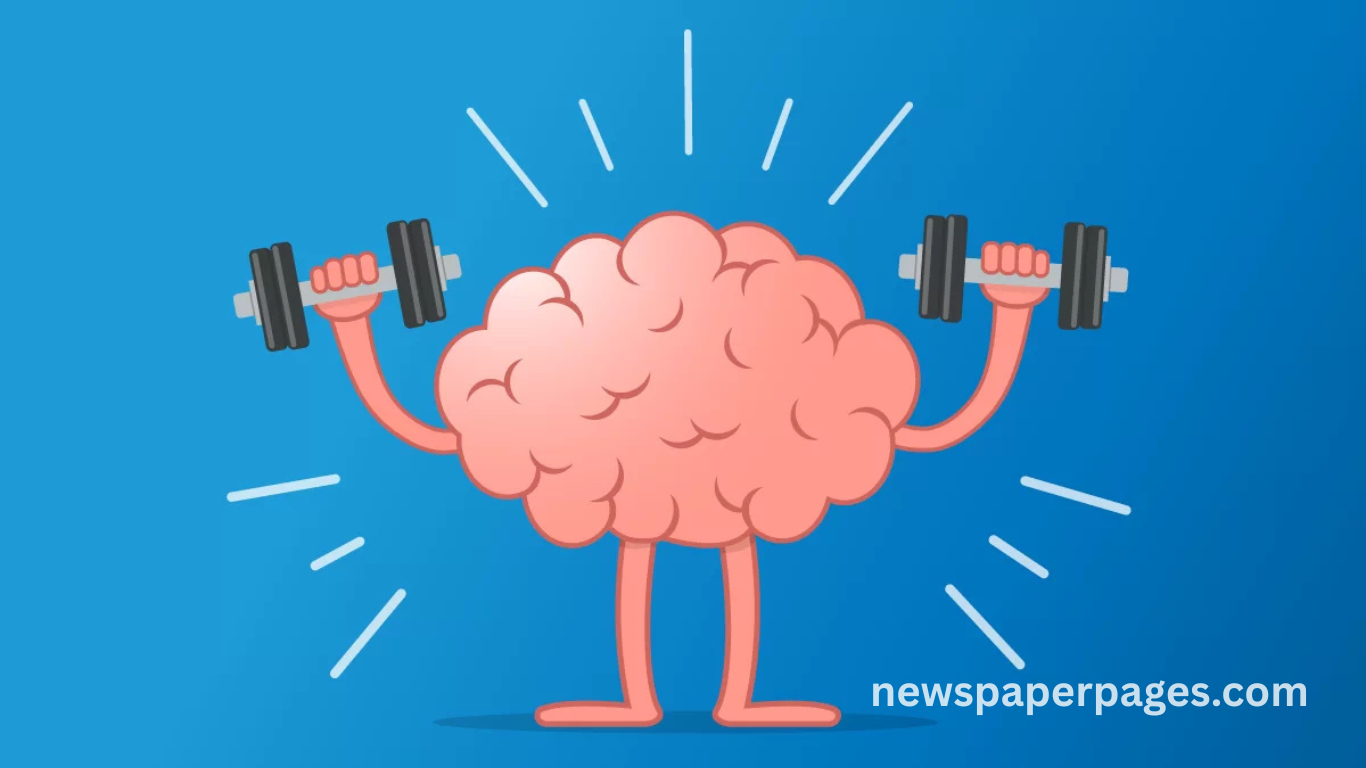In today’s fast-paced world, mental health challenges are becoming increasingly common. With the pressures of modern life, people are constantly seeking effective ways to manage stress, anxiety, and depression. While therapy and medication are widely recognized treatments, one powerful and often overlooked solution is regular physical exercise. Scientific studies consistently show that exercise not only benefits the body but also plays a crucial role in supporting a healthy mind.
The connection between exercise and mental health is grounded in biology and psychology. Physical activity releases endorphins, the body’s natural mood lifters, and enhances cognitive function, sleep quality, and self-esteem. From a brisk walk in the morning to a vigorous gym session, engaging in regular physical activity can have profound effects on emotional well-being. This article explores how and why exercise is essential for mental health and how you can incorporate it into your daily life.
How Exercise Boosts Mood and Reduces Anxiety
Exercise triggers the release of neurotransmitters like serotonin and dopamine, which are known to improve mood and reduce feelings of anxiety. Physical activity helps regulate the body’s stress response by lowering cortisol levels, making it easier to manage emotional stress. It creates a sense of accomplishment and provides a distraction from negative thoughts. Over time, consistent exercise can act as a natural antidepressant, improving overall emotional stability.
Improves Sleep Quality and Energy Levels
Regular physical activity promotes better sleep by helping to regulate the body’s circadian rhythm. People who exercise tend to fall asleep faster, enjoy deeper sleep, and wake up feeling more refreshed. Quality sleep is essential for mental clarity, mood regulation, and stress management. Additionally, exercise increases energy levels throughout the day by improving cardiovascular function and oxygen flow to the brain.
Enhances Cognitive Function and Focus
Exercise increases blood flow to the brain, which enhances memory, learning ability, and concentration. It stimulates the production of brain-derived neurotrophic factor (BDNF), a protein that supports brain cell growth and resilience. Physical activity is particularly beneficial for students and professionals who need sustained focus and mental stamina. Even short bursts of movement can improve attention span and problem-solving skills.
Reduces Symptoms of Depression
Engaging in aerobic activities like running, swimming, or cycling has been shown to significantly reduce symptoms of depression. Exercise offers a healthy coping mechanism, providing structure and a sense of control over one’s life. Group workouts and fitness classes can also foster social interaction and combat feelings of isolation. In some cases, the psychological benefits can be as impactful as therapy.
Read More : 10 Tips to Make the Most of Your Fitness Tracker
Promotes Mindfulness and Reduces Stress
Exercise encourages mindfulness by helping individuals focus on their body and breathing. Activities like yoga, tai chi, and stretching combine movement with meditative practices, reducing mental clutter and enhancing present-moment awareness. These exercises lower heart rate and blood pressure, helping to calm the nervous system. Mindful movement can improve emotional resilience and create a buffer against daily stressors.
Builds Self-Esteem and Confidence
Achieving fitness goals, whether small or large, boosts self-esteem and confidence. Regular exercise helps individuals feel stronger, more capable, and in control of their bodies. This improved self-image often translates into greater confidence in other areas of life, including social and professional settings. A consistent workout routine can reinforce a positive self-perception and a growth mindset.
Supports Social Connection and Belonging
Joining group fitness classes, sports teams, or walking clubs provides opportunities for social interaction. Building connections with others through shared activities can alleviate feelings of loneliness and create a sense of belonging. Social support is a critical factor in mental well-being, and exercise offers a structured, enjoyable way to foster it. The community aspect of physical activity can significantly uplift one’s mood.
Encourages Healthy Lifestyle Habits
People who commit to regular exercise often adopt other healthy habits, such as eating well and maintaining a consistent sleep schedule. These habits create a positive feedback loop that supports both physical and mental health. A balanced lifestyle enhances emotional resilience, reduces the risk of chronic diseases, and promotes overall well-being. Exercise acts as a gateway to comprehensive self-care.
Frequently Asked Questions
How does exercise improve mental health?
Exercise boosts mood-enhancing chemicals, reduces stress hormones, and improves sleep and cognitive function, all of which support mental well-being.
How much exercise is needed for mental health benefits?
Even 30 minutes of moderate exercise five times a week can significantly benefit mental health. Consistency is more important than intensity.
What types of exercise are best for mental health?
Aerobic activities like walking, running, swimming, and group fitness classes are practical, but yoga and strength training also offer mental benefits.
Can exercise help with depression and anxiety?
Yes, regular physical activity is proven to reduce symptoms of depression and anxiety and can complement other treatments like therapy and medication.
Does exercising at night affect sleep quality?
While intense workouts close to bedtime may disrupt sleep for some, light evening exercises like stretching or walking can improve sleep.
Can exercise replace medication for mental health conditions?
Exercise may reduce the need for medication in mild to moderate cases, but it should always be discussed with a healthcare provider.
Is it normal to feel worse before feeling better when starting exercise?
Yes, initial fatigue or soreness is normal. As your body adapts, mental and physical benefits become more noticeable.
How can I stay motivated to exercise regularly?
Set achievable goals, choose enjoyable activities, track progress, and consider finding a workout buddy or joining a class for accountability.
Conclusion
Exercise is a powerful tool for improving mental health. Its benefits are holistic and lasting, ranging from reducing stress and anxiety to enhancing cognitive function and sleep. Incorporating physical activity into your daily routine doesn’t require perfection just consistency. Start small, stay active, and let movement become your pathway to a healthier, happier mind.

